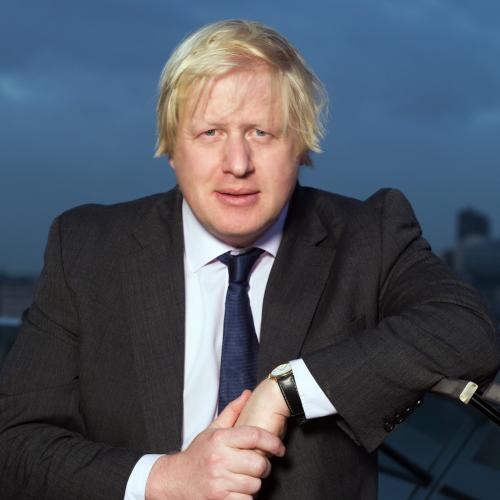Boris Johnson – 2021 Article on the Oxford Vaccine
The article by Boris Johnson, the Prime Minister, on 16 March 2021. The article was published in The Times and republished by the Government.
It was in September last year that I felt the first stirrings of optimism about the coronavirus vaccine. I was at the Edward Jenner institute in Oxford, standing behind a scientist as she looked at some magnified blood samples.
There were two sets of slides — one from subjects who had been given the vaccine prototype, and one from a control group. The slides from the control group were more or less blank, whereas the slides from the vaccinated group were full of dots — lots of dots. The dots were antibodies. I could tell from the excitement of the scientists that this was promising and that the Oxford-AstraZeneca vaccine looked as though it would work.
After exhaustive tests, so it has proved. That vaccine is safe and works extremely well, and now, only six months later, it is being made in multiple places from India to the US, as well as Britain, and it is being used around the world.
It is relatively easy to distribute, since it can be kept in an ordinary fridge, and under the terms of the deal struck between Oxford and the UK government it is being dispensed at cost. You may wonder why we have done it that way, or why the taxpayer has already spent hundreds of millions of pounds, through Covax and other schemes, to put jabs in the arms of other populations.
The answer is blindingly obvious — the principle of enlightened self-interest that underlies the integrated review of UK security, defence, development and foreign policy that is published today.
Successful as the UK vaccination programme may be, there is little point in achieving some isolated national immunity. We need the whole world to be protected. We need the whole world to have the confidence to open up for trade and travel and holidays and business, all the things that drive jobs and improve our lives at home.
The objective of Global Britain is not to swagger or strike attitudes on the world stage. It is to use the full spectrum of our abilities, now amplified by record spending on both defence and science, to engage with and help the rest of the world. That is how we serve the British interest, and I mean the economic interest of people up and down the country. And as the vaccine programme begins to inspire a new global hope, we want to use this moment to heal, both literally and figuratively.
The UK is using its G7 presidency to foster ideas for a new world treaty on pandemic preparedness so that next time humanity avoids the sauve qui peut squabbling that has disfigured the last 12 months. There is work to be done on the sharing of data, on the tracking of zoonotic diseases, on quarantine protocols and how to marshal drugs and personal protective equipment.
It is obvious from our experience that this would be good for Britain as much as the rest of the world. As we prepare to build back better, we are working with the World Trade Organisation and its new director-general, Dr Ngozi Okonjo-Iweala, not only to revive world trade but to address the stagnation that pre-dated the pandemic.
At the Cop26 summit in Glasgow the UK is leading the world in the campaign to reduce CO2 emissions and arrest the overheating of the planet. Britain was the first major western country to commit to the goal of net zero by 2050 and it is wonderful — and moving — to see how other countries are now pledging themselves to the same goal.
Those pledges will be hollow, however, without serious commitments, mainly to the use of new technology, that will make those reductions happen. Again, we in the UK are taking those big and bold steps, not only because it is good for the world but because these green technologies, from wind to hydrogen to carbon capture, have the potential to create hundreds of thousands of high-wage, high-skill jobs in Britain.
It is thanks to our history and geography that the UK is already in many ways more global than our comparators. We have a vast diaspora of people, perhaps five or six million, living abroad, far more as a proportion than most others in the Organisation for Economic Co-operation and Development. We may have only 1 per cent of the world’s population, but we are the fifth biggest exporter of goods and services.
And we have a third invisible diaspora, far more important and more fruitful even than people or goods, and that is the vast dispersal of British ideas, and British values, puffed around the world like the seeds of some giant pollinating tree. I mean everything from habeas corpus and parliamentary democracy to freedom of speech and gender equality. Sometimes these ideas have flourished, and put forth great roots and branches. Sometimes, frankly, they still fall on stony ground.
So under this integrated review we will work ever harder, and give ourselves all the tools we need, to co-ordinate with like-minded democracies in the US, in Europe and around the world to protect and advance those ideas and beliefs against those who oppose them. These values are not uncontested. They are far from universal. That is why the world needs Global Britain more than ever and, to be truly prosperous and successful, Britain needs to be global.

